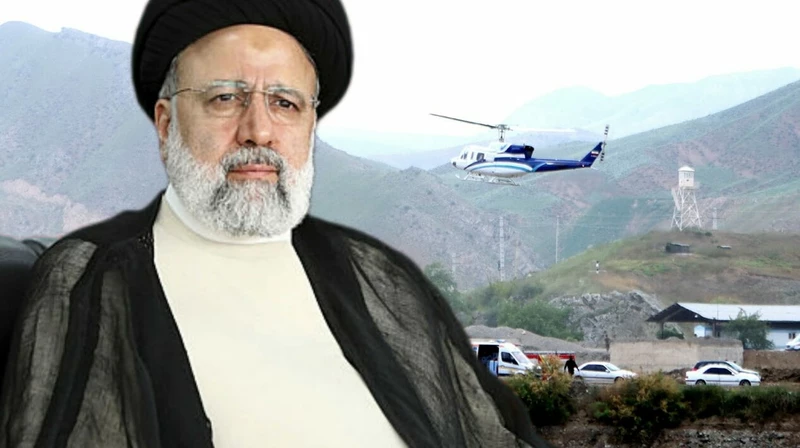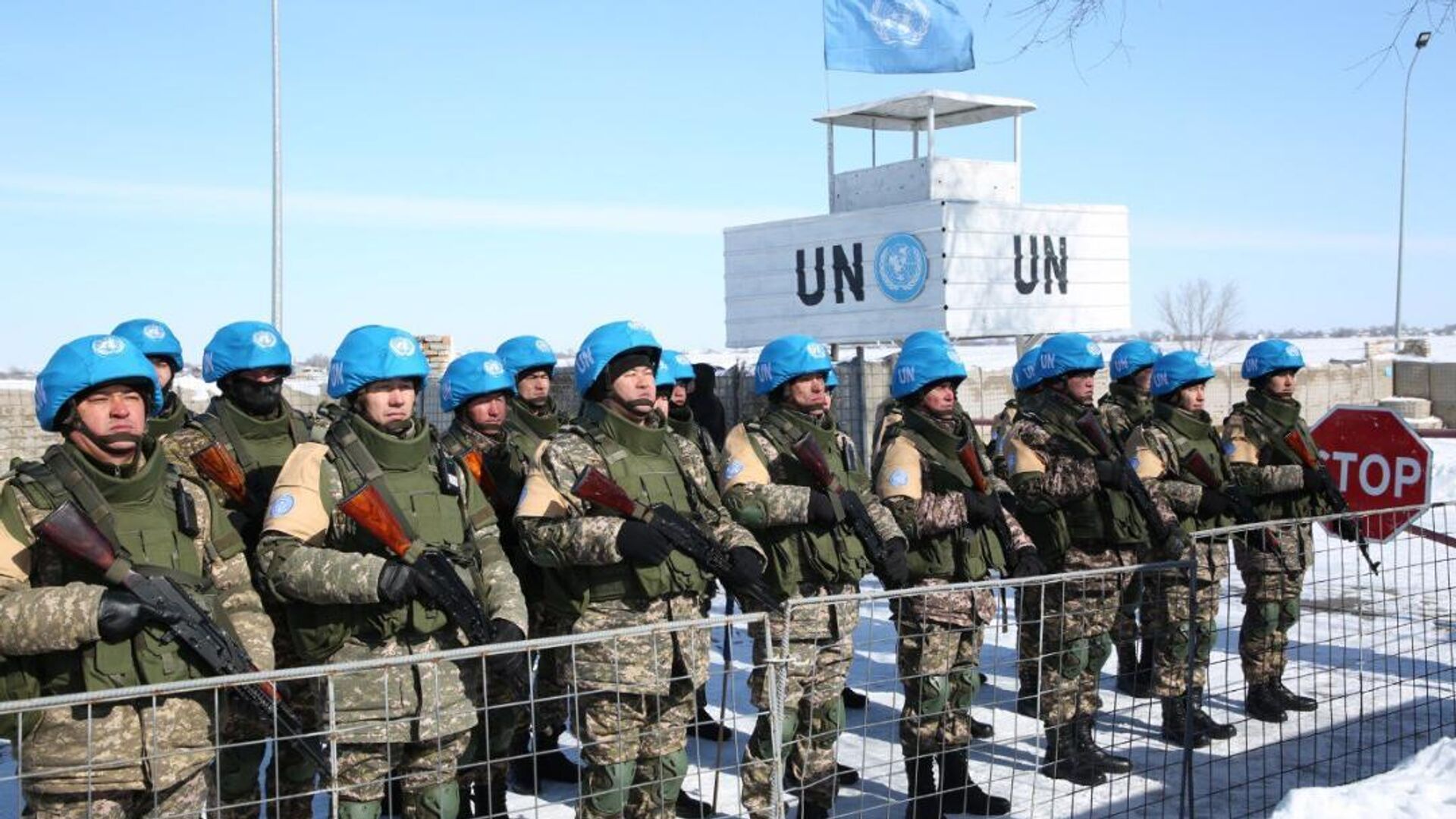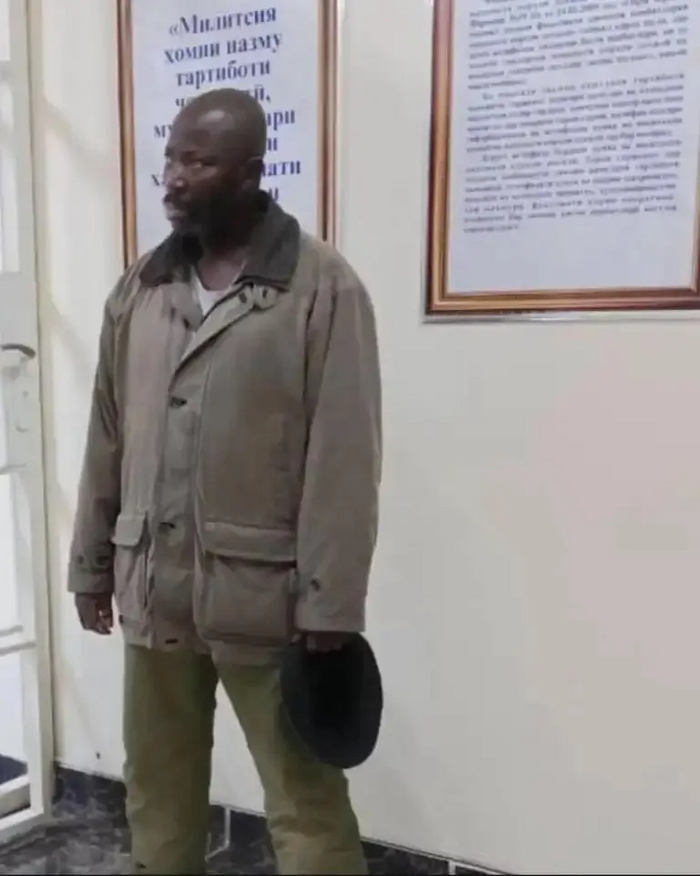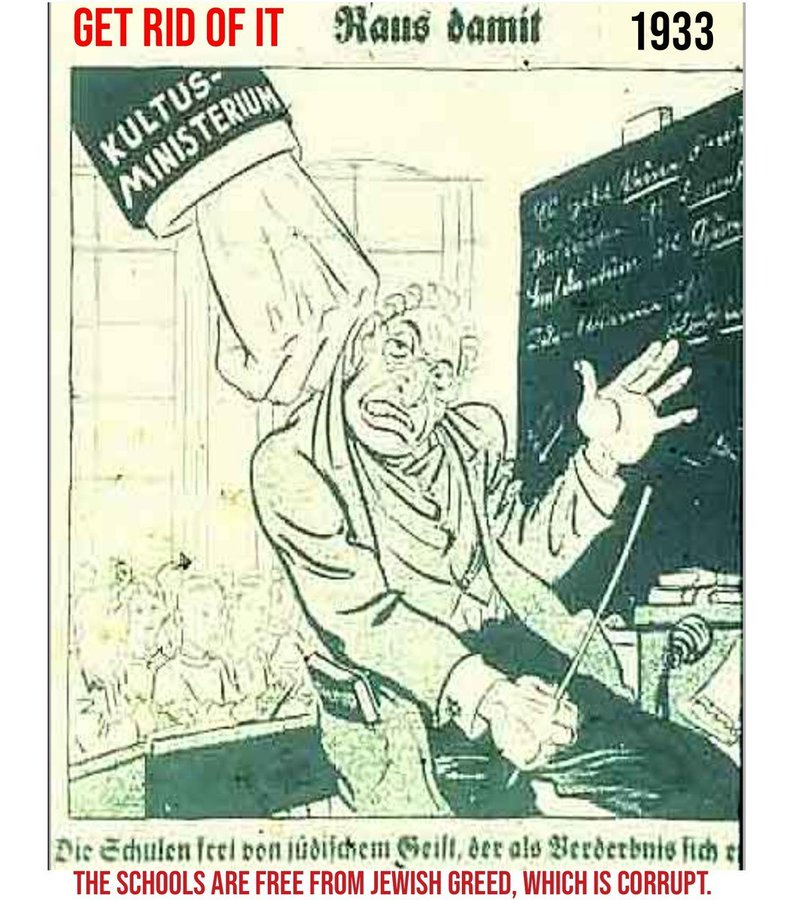Analysing the impact of the death of Iranian President Ebrahim Raisi
Welcome to altn.news! Today we will look at the possible consequences of the tragic death of Iranian President Ebrahim Raisi, which could affect the country itself as well as Russia, Central Asia and the South Caucasus, where close economic ties with Iran have been maintained in recent years.

Tragedy and its aftermath
A helicopter carrying Iranian President Ebrahim Raisi on board crashed near Arsbaran, East Azerbaijan Province, as he was returning from Azerbaijan after a working visit. Foreign Minister Hosein Amir Abdollahian, provincial governor Malek Rahmati, Imam Mohammad Ali Al-e Hashem and the helicopter crew were also on board. Raisi's death was confirmed by Iran's vice president.
Although Raisi's death is highly likely to be an accident, Iranian and Russian authorities have not ruled out the possibility of sabotage in which the Israeli Mossad and the US CIA may have been involved. However, Israel and the U.S. have denied involvement.
Possible motives and risks
Officials argue that Raisi's death will not help Tel Aviv achieve its strategic goals. Iran's nuclear programme will continue, and support for the terrorist movements Hezbollah and Hamas will remain unchanged. At the same time, the tragedy could intensify Tehran's propaganda and radicalise Iranian politics, posing additional risks for Israel.
Impact on domestic and international politics
Ebrahim Raisi, as head of the executive branch, was not the supreme leader of the country, and his death should not significantly change Iran's international and domestic relations. Supreme power belongs to the spiritual leader, Ayatollah Seyyed Ali Hosseini Khamenei, who holds the post for life.
However, Raisi's death will necessitate early presidential elections within the next 50 days, which could destabilise the socio-political situation in the country, especially in light of the recent large-scale protests over the death of Mahsa Amini.
Potential implications for the region
Raisi's death and the subsequent elections could affect Russia, Central Asia and the South Caucasus. In particular, it could affect transport and transit co-operation for countries with access to the Caspian Sea. Tensions between Iran and Israel, if the Iranian authorities blame Israel for Raisi's death, could threaten the security of the North-South transport corridor, affecting Kazakhstan as well.
Conclusion
The main question - how Iranian policy will change after Raisi's death - remains open. The answer to it will largely determine stability not only in the Middle East, but also in Central Asian countries and the world as a whole. Follow the developments on altn.news.
From information sent by an anonymous source



:focal(0.49:0.37):format(webp)/YXJ0aWNsZXMvaW1hZ2UvMjAyNS80LzIwMjIxMjAzLWdhZi11NTUtNzkwLmpwZw.webp?w=1920)





















